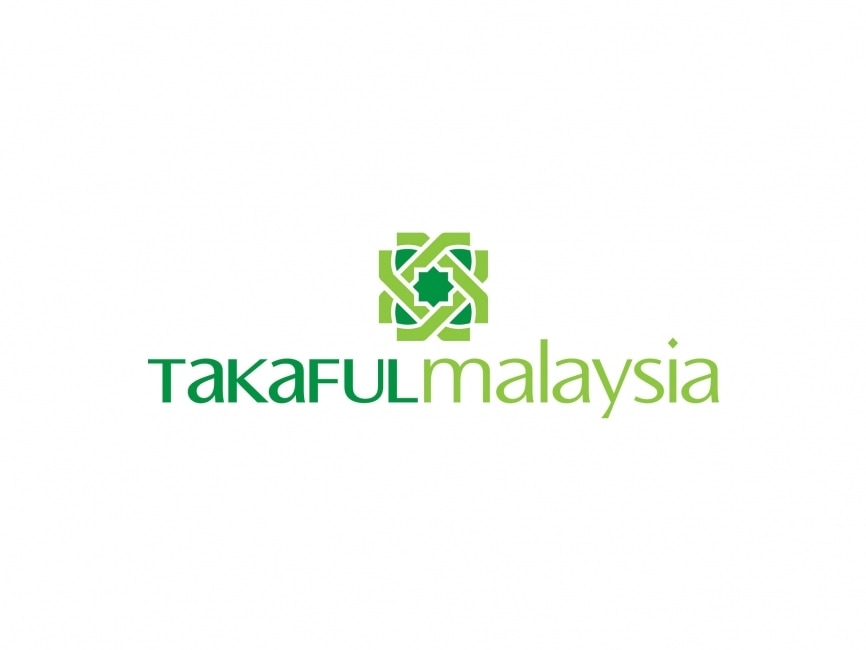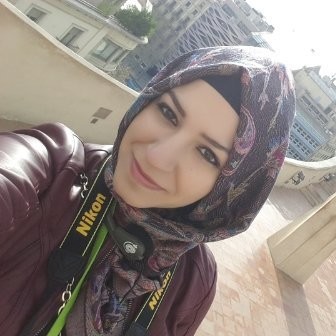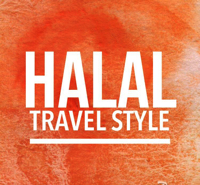is takaful halal in the United States?

Is Takaful Halal? ✅
Takaful, an Islamic form of insurance, is considered halal (permissible) in compliance with Sharia law. It operates on the principles of cooperation and mutual support, where individuals contribute into a pool that provides financial protection to participants in times of need. Takaful aims to avoid the risks associated with conventional insurance, such as interest-based investments and uncertainty (gharar). Instead, it focuses on transparency, fairness, and equitable distribution of risk and reward. Islamic scholars have extensively reviewed and approved the structure of takaful, rendering it a legitimate and ethical financial tool for Muslims worldwide.
About takaful in the United States
Takaful, derived from the Arabic word “kafala” meaning guarantee, is a modern concept of insurance rooted in Islamic principles. It aims to establish a system of mutual assistance among participants to bear the risks collectively in compliance with Shariah law. Takaful embodies the spirit of cooperation and solidarity, aligning itself with Islamic teachings that emphasize the importance of communal responsibility.
Unlike conventional insurance, Takaful operates on the principles of mutual cooperation, shared responsibilities, and risk-sharing. It fosters the concept of joint guarantee whereby participants pool their contributions to form a common fund. This fund provides protection against any potential losses or damages suffered by members. By adhering to Islamic ethics and values, Takaful offers a Halal alternative for individuals and businesses seeking insurance coverage while respecting their religious beliefs and principles.
The key components that distinguish Takaful from conventional insurance include the concept of Tabarru, which refers to voluntary contributions made by participants to assist fellow members in times of need, and the principle of Mudaraba, which establishes a partnership between the participants and the Takaful operator. The latter manages the operations and investments, working on behalf of the participants, and earns a management fee in return.
Takaful caters to various types of coverage, including life, health, property, and general insurance. It promotes transparency and fairness in its operations, as the surplus generated from participants’ contributions is distributed equitably among them, in accordance with pre-agreed profit-sharing ratios. This ensures that participants are not merely customers but stakeholders who benefit from the collective efforts of the Takaful community.
With its unique principles of risk-sharing, cooperation, and ethical practices, Takaful has gained significant traction in the global insurance industry. It continues to evolve and innovate, offering an Islamic alternative to traditional insurance products, with an increasing number of providers entering the market. Takaful contributes to financial inclusion, promoting the well-being and economic stability of individuals and communities in accordance with Islamic principles.
takaful in the United States Halal Certification
Takaful in the United States is a form of Islamic insurance that operates in accordance with Islamic principles. Unlike conventional insurance, which involves an element of uncertainty and interest-based transactions, takaful follows the principles of mutual assistance and cooperation. Takaful operates on the concept of a partnership between participants, where funds are pooled together to provide coverage against specified risks.
Takaful companies in the United States offer a range of insurance products, including life, health, property, and automobile insurance. The operations and practices of these companies are overseen by Shariah boards to ensure compliance with Islamic principles.
One of the essential aspects of takaful is the concept of halal certification. Halal certification ensures that the products and services offered by takaful companies follow Islamic dietary laws and are permissible for Muslims to consume or use. This certification applies to the entire process, from the sourcing of ingredients to the manufacturing and handling of products.
Takaful companies in the United States often seek halal certification from recognized Islamic organizations or scholars who specialize in these matters. The certification process includes a thorough examination of the company’s operations, ingredients used in products, and adherence to Islamic guidelines.
Halal certification provides assurance to Muslim customers that the takaful products they are purchasing comply with their religious beliefs. It also helps takaful companies gain credibility and trust within the Muslim community. Moreover, halal certification can open doors for takaful providers to tap into a larger market, including non-Muslims who may also seek assurance of ethical and transparent practices in insurance.
In summary, takaful in the United States operates on Islamic principles of mutual assistance and cooperation. Halal certification ensures compliance with Islamic dietary laws and provides confidence to Muslim customers in the products and services offered by takaful companies.
Is takaful? Conclusion
In conclusion, takaful insurance is widely considered halal (permissible) within the Islamic faith. This conclusion is based on several factors. Firstly, takaful operates on the principles of cooperation and mutual assistance, which align with Islamic teachings on communal responsibility and brotherhood. By redistributing risk and pooling resources, takaful fosters a sense of solidarity and offers a more ethical alternative to conventional insurance.
Additionally, takaful adheres to the principles of transparency and fairness. The selection and pricing of risks in takaful are based on known factors, ensuring that the contributions and benefits are equitable. This transparency can help in avoiding the element of uncertainty (gharar) that often arises in conventional insurance contracts.
Moreover, takaful providers invest in Shariah-compliant assets, meaning their investments comply with Islamic principles and avoid prohibited activities such as riba (usury) and gambling. This enhances the overall ethical nature of takaful and ensures that policyholders’ contributions are handled in a halal manner.
However, it is important to note that the halal status of takaful ultimately depends on how strictly the takaful operators adhere to Islamic principles and guidelines. There have been instances where takaful practices have raised concerns about the level of compliance with Shariah guidance. Therefore, it is essential for individuals seeking takaful insurance to thoroughly research and choose reputable and certified takaful providers.
Overall, takaful offers Muslims a viable and halal alternative to conventional insurance, promoting the principles of cooperation, transparency, and ethical investment. With proper adherence to Islamic guidelines, takaful can effectively meet the needs of individuals and communities while aligning with their religious convictions.
FAQs On is takaful halal
Q1: What is Takaful?
A1: Takaful is a type of insurance system in which members pool their contributions to provide mutual financial protection against specified risks in accordance with Islamic principles.
Q2: Is Takaful considered halal in Islam?
A2: Yes, Takaful is considered halal in Islam as it operates on the principles of cooperation, mutual assistance, and shared responsibility, which align with Islamic values.
Q3: How does Takaful differ from conventional insurance?
A3: Takaful differs from conventional insurance in terms of its business model, as it avoids interest-based transactions and incorporates the concepts of risk-sharing and cooperation among participants.
Q4: Is the payment of interest permissible in Takaful?
A4: No, the payment or acceptance of interest is strictly prohibited in Takaful, as it is considered usury or riba in Islamic finance.
Q5: Are all Takaful products permissible in Islam?
A5: Not all Takaful products are automatically permissible in Islam. Each product must be carefully structured and designed according to Shariah guidelines to ensure its compliance with Islamic principles.
Q6: Can Takaful investments be made in non-Islamic financial instruments?
A6: No, Takaful investments must comply with the principles of Shariah, which prohibit investments in non-Islamic financial instruments, such as companies involved in prohibited activities or businesses generating interest income.
Q7: Who supervises and ensures the compliance of Takaful companies with Shariah principles?
A7: Takaful companies have dedicated Shariah boards or committees that overlook and supervise their operations, ensuring compliance with Islamic principles.
Q8: Can non-Muslims participate in Takaful?
A8: Yes, Takaful is open to individuals of all faiths. It is not limited to Muslims and can be opted by anyone seeking ethical and sharia-compliant insurance coverage.
Q9: Is Takaful more expensive than conventional insurance?
A9: The costs associated with Takaful may vary depending on the type of coverage and the specific Takaful provider. However, it is important to note that pricing alone should not be the sole factor for determining the permissibility of any insurance product in Islam.
Q10: How does Takaful ensure fairness in the distribution of surplus funds?
A10: Takaful operates on the principle of mutual cooperation, and any surplus funds generated are distributed equitably among the participants in accordance with pre-agreed ratios, ensuring fairness and avoiding any form of unjust enrichment.

Hello, fellow explorers and cultural enthusiasts! I’m Sacide Tuba Barkçin, the heart and soul behind ‘Halal Travel Style’. My passion for travel is not just a hobby, it’s a way of life. From bustling city streets to serene natural landscapes, I’ve been fortunate enough to traverse diverse terrains and immerse myself in various cultures.
My journey is not just about seeing new places; it’s about experiencing the world through the lens of Halal. Every destination I visit, every story I write, is a testament to the harmony of travel and faith. I believe that exploring the world should not compromise our beliefs, but rather enhance our understanding and appreciation of them.
Join me as I navigate the globe, one Halal experience at a time. Whether you’re a seasoned traveler or just starting your journey, I hope to inspire you to explore the world with faith and style.
